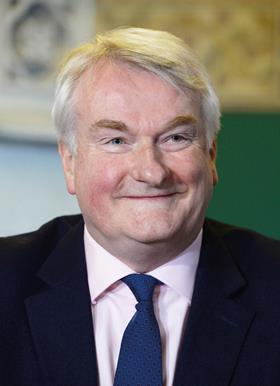The wider broadcasting of court proceedings could make justice more open and accessible, the lord chief justice has said in one of his last public speeches in the role. Addressing the Commonwealth Judges and Magistrates Conference in Cardiff, Lord Burnett of Maldon, who retires on 30 September, said that 'the use of broadcasting to inform in cases with a genuine public interest is… proving a success'.
In particular, he hailed the broadcasting of Crown court sentencing remarks as 'successful beyond our expectations'. Showing even brief clips on news programmes has increased public understanding - and also changed public perceptions about the senior judiciary, Burnett said, showing judges 'are not monochrome, male and septuagenarian'.
While stressing that court proceedings are 'not entertainment', Burnett strongly suggested that his successors might look at more broadcasting as part of technological efforts to educate and inform on court proceedings.

Historically, he said, the openness has had 'a disciplinary function' on judges and witnesses. It also enables parties 'to have confidence that cases will be tried fairly in accordance with the law and that their outcomes can be subject to debate'. He noted that the anonymisation of parties and witnesses is becoming more commonplace in Europe - but that 'the common law dislikes it because it erodes open justice'.
Stressing that judges' identities must be made public, Burnett noted last year’s European Court of Human Rights order blocking deportation flights to Rwanda. 'The identity of the judge who made the order was not revealed at the time nor has it been since, something that is alien to the common law tradition,' he said.
The lord chief justice also strongly backed calls by the media for documents used within proceedings to be available to the public and press, noting that 'what is made public in this way may be republished'.
On court broadcasting, 'there is a strong argument that we need to go further', he said. 'Broadcasting and making available recordings of hearings undoubtedly provides more open justice than merely enabling members of the public and press to attend hearings, even if that attendance can be through a video platform.'
This article is now closed for comment.



























9 Readers' comments